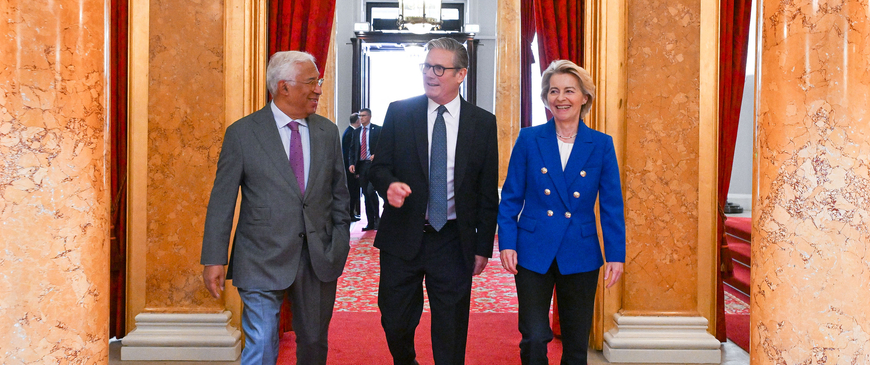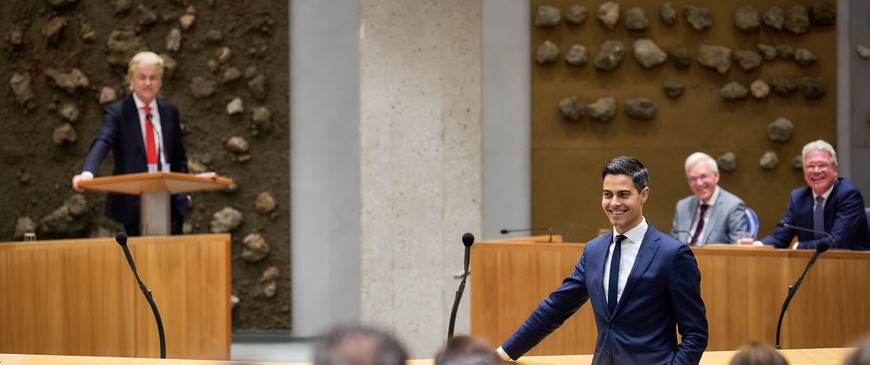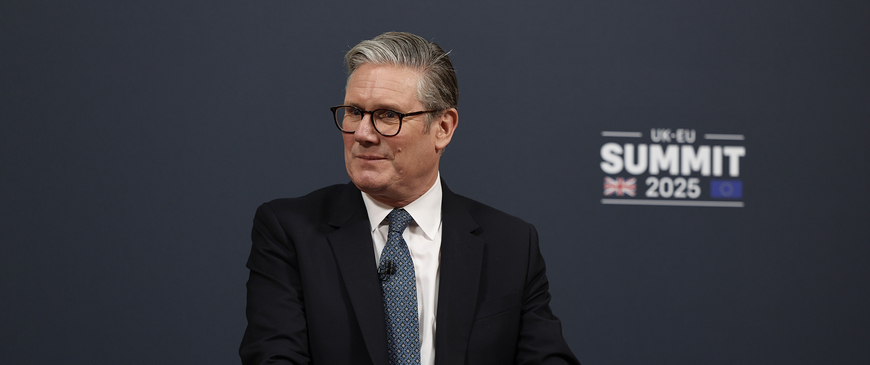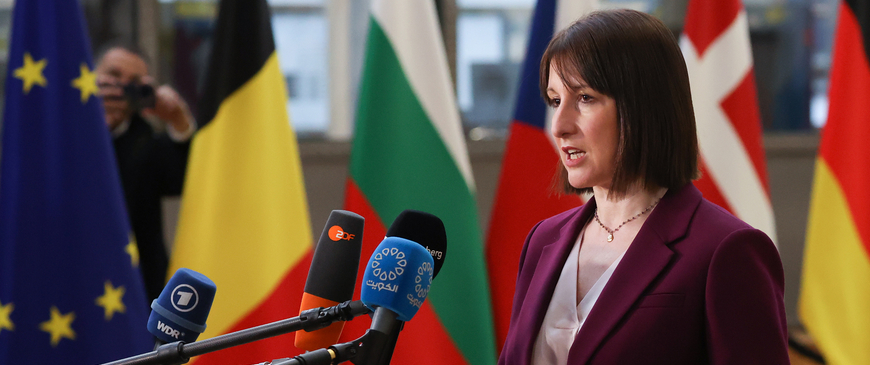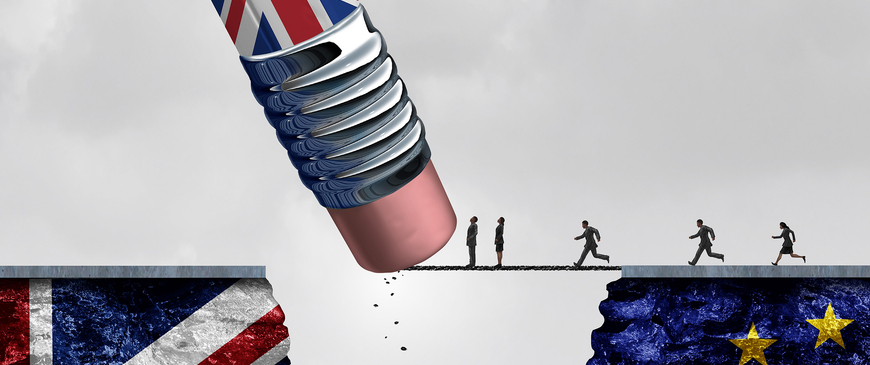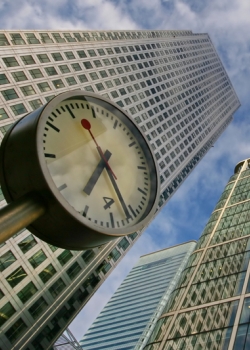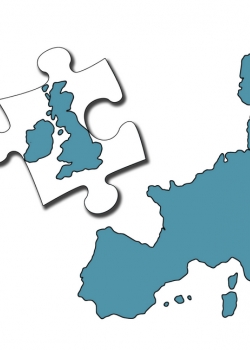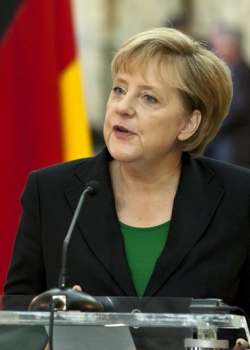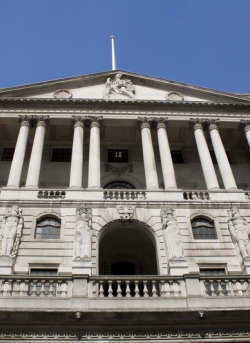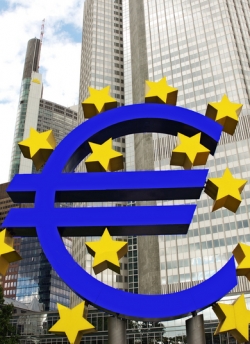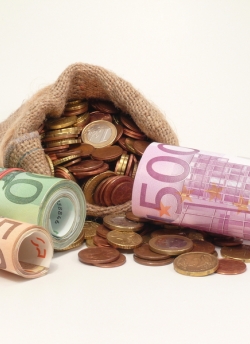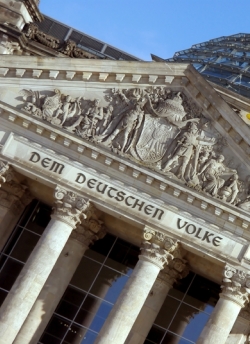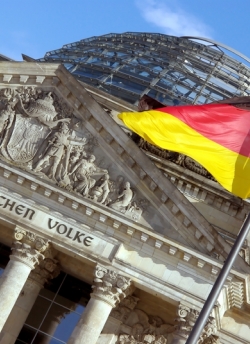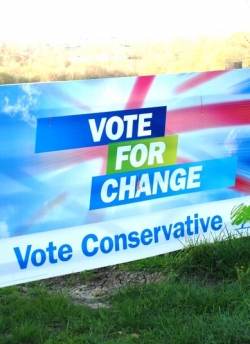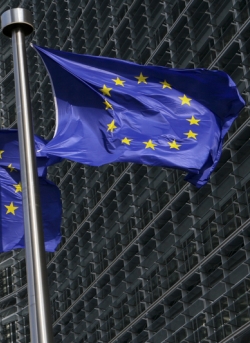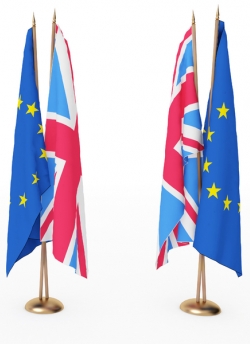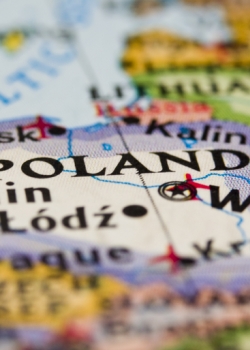Britain & EU member-states
David Cameron has left the City more, not less, vulnerable to EU law
14 December 2011
The Guardian
There are many puzzles about the British government's tactics at last week's EU summit. One is why it chose to identify the City of London as the "vital national interest" that needed special protection. The City, after all, is the most unpopular "national champion" that the UK possesses. It accounts...
Follia,in cinque anni via dell'Ue
12 December 2011
Il Mattino
Londra. "Foolish". Assurda, dissennata, imprudente. La decisione presa da David Cameron preoccupa Simon Tilford, capo economista della prestigiosa think tank britannica Centre for european reform. La mossa del premier è incomprensibile, sostiene Tilford, e danneggerà la Gran Bretagna ma, in parte, anche la Ue.
Believe it or not, Angela Merkel has a plan to tackle the euro crisis
05 December 2011
The Guardian
While Merkel's vision for a fiscal union may not be the answer to all the eurozone's problems it could be a vital part of any solution.
A new "fiscal union" to underpin the euro is the main topic that Angela Merkel and Nicolas Sarkozy will discuss at their Paris meeting. Merkel...
A new "fiscal union" to underpin the euro is the main topic that Angela Merkel and Nicolas Sarkozy will discuss at their Paris meeting. Merkel...
Is Austerity George saving the UK economy?
30 November 2011
The Times
Britain’s unlikely status as a safe haven is more to do with Europe’s problems than our cuts.George Osborne likes to point at Britain’s record low borrowing costs — the Government can issue ten-year debt at just over 2 per cent — as proof of confidence in his stewardship of the economy.
Interview: Les Britanniques ont le sentiment que l’Union européenne essaie de faire du tort à la City
26 October 2011
Le Figaro
Le Figaro - David Cameron a essuyé sa plus grande rebellion dans son propre camp au Parlement. Peut-on parler d’un vent d’euroscepticisme chez les politiques?
Charles Grant – Oui, il y a une vague croissante d’euroscepticisme. Mais la nouveauté, c’est toute cette classe de députés, récemment élus, qui se proclament...
Charles Grant – Oui, il y a une vague croissante d’euroscepticisme. Mais la nouveauté, c’est toute cette classe de députés, récemment élus, qui se proclament...
European leaders must step up their game
11 July 2011
Financial Times
George Soros is right that Germany's new approach to Europe bears some responsibility for the eurozone crisis. Germany's leaders are finding it hard to consider broader European rather than immediate national interests.
The price of German leadership
17 November 2010
Financial Times
The euro, the European Union’s boldest and most ambitious project, is under threat. Divisions among Europe’s leaders, and their inability to stabilise the euro, have damaged the EU’s reputation on other continents. The good news is that the EU now has an emerging leader.
Why Germany is not a model for Europe
10 November 2010
Der Tagesspiel
Germany's economy has been winning numerous plaudits of late. It is not hard to see why. Previously much-vaunted economies "Ireland, Spain, the UK and the US, to name just four" lived way beyond their means for far too long.
David Cameron's budget fight remains an EU sideshow
29 October 2010
The Guardian
David Cameron has won his first European victory. At this week's EU summit in Brussels, he seemingly persuaded a dozen other European leaders to back his demand to limit to 2.9% next year's EU spending increase. Britain's eurosceptics wanted a freeze or a reduction.
Der Härtetest kommt erst noch
16 August 2010
Handelsblatt
Deutschlands Wachstum im zweiten Quartal war außergewöhnlich. Das Wachstumstempo beizubehalten wird aber sehr schwierig, sagt Philip Whyte, vom Londoner Think-Tank Centre for European Reform.
Germany's euro advantage
13 July 2010
International Herald Tribune
Prior to the introduction of the euro, European economies running big trade deficits routinely devalued their currencies against the Deutschmark and other currencies tied to it. This prompted allegations of beggar-thy-neighbor activity and even calls for protectionism.
Merkels bezuiniging is onverantwoordelijk
14 June 2010
NRC Handelsblad
Het Duitse besluit om sterk te gaan bezuinigingen is volkomen verkeerd. De Duitsers moeten juist gaan consumeren, betoogt Simon Tilford.
Elke economie in de eurozone slaat halsoverkop aan het hakken in de overheidsuitgaven. Het lijdt geen twijfel dat de eurozone en de EU als geheel een grote uitdaging op begrotingsterrein te...
Elke economie in de eurozone slaat halsoverkop aan het hakken in de overheidsuitgaven. Het lijdt geen twijfel dat de eurozone en de EU als geheel een grote uitdaging op begrotingsterrein te...
Tory Euroscepticism is being sidelined
14 May 2010
The Guardian
For those of us who hope Britain will engage constructively with the EU, the formation of the Conservative-Liberal Democrat coalition is good news.
Europa und Großbritannien: "Wie soll das funktionieren?"
13 May 2010
Die Presse.com
Nirgendwo klaffen die Positionen zwischen den britischen Konservativen und Liberaldemokraten weiter auseinander als in der Europapolitik. In der Koalitionsvereinbarung ist dem Thema ein eigenes Kapital gewidmet.
Tre getingar till Reinfeldt som EU-ordförande
29 December 2009
Sidan 4: Debatt
Statsministern och hans team var kompetenta förhandlare. Men de stora framgångarna lyste med sin frånvaro under ordförandeskapet, skriver Clara Marina O'Donnell.
Missing another EU opportunity
18 November 2009
The Guardian
When Britain's foreign secretary, David Miliband, made clear that he was not interested in being the European Union's new "high representative" for foreign policy, the UK lost a unique opportunity to craft the EU more in its own image.
Is Tony Blair the right man to be president of Europe?
25 October 2009
The Observer
Yes, says Charles Grant. His presence would improve the global credibility of the EU. No, says Henry Porter. He co-authored the Iraq war and is not a convinced democrat.
Blair would be a good choice for Europe
07 October 2009
Financial Times
If the Lisbon treaty enters into force, which seems likely, the European Union will appoint a president to chair the European Council, which brings together the heads of government.
Look who's sclerotic
28 September 2009
International Herald Tribune
A popular Continental misconception about Britain is that it is some kind of ultra-free economy where there is limited social welfare and where the market has been introduced into every aspect of life.
Warsaw warms to Moscow
18 September 2009
The Guardian
Tabloids make a poor guide to understanding a country's policy. While the newspaper headlines in Poland and the Czech Republic scream of the US "betraying" eastern Europe by cancelling missile defence bases there, the official reaction in Warsaw and Prague has been muted.

